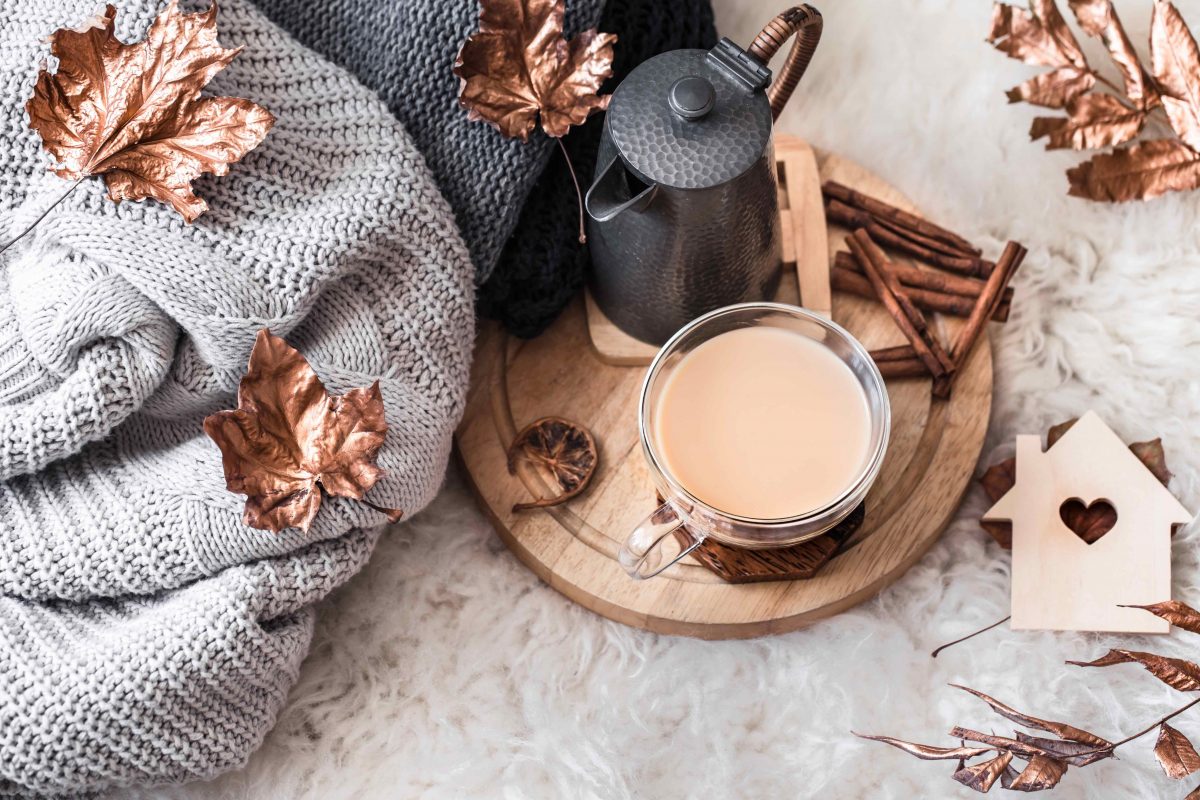To avoid costly property repair bills, maintaining a schedule of seasonal home maintenance checks and possible repairs is a smart way to manage the ongoing, efficient care of your home and property.
Here’s a list of 11 things that you, or your preferred, trusted home maintenance/tradie specialist, should be taking a close look at, in and around your property, when the weather turns colder.
-
Check all gutters and down-pipes
In many parts of Australia, winter brings increased rainfall – so it’s important to be prepared. Cleaning out the gutters around your home or out-buildings isn’t the most exciting job but, done properly, it can save you lots of money in the long-run. Because well-maintained gutters reduce the need to replace them, you can prevent expensive roof damage as well.
When gutters become clogged, they can leak and overflow and that puts a strain on your roof. In the coldest parts of the country, gutters can also fill with ice, which can lead to thawing damage that adds strain to your gutters.
Using a ladder should always be done with safe consideration – and preferably never alone. Have someone there to hold onto the base to steady your ladder against the side of the house and re-think your ladder-climbing escapades, if you are unsure, or elderly. Seeking the help of an experienced handyperson to do the job for you may cost a little – but it can save you the risk of serious injury.
Debris from gutters can be scooped out with gloved hands and gutters can then be fully-flushed out with your garden hose.
Once clean, check gutters for any signs of drainage issues.
Gutter guards might seem like a great idea but can often be more trouble than they purport to prevent – making your gutters even harder to clean. If you do consider installing them, compare brands for the best possible results.
-
Clean your clothes-dryer filter
As the colder months set in, your tumble-dryer is likely to get much more use. But it’s important to remember that clothes-dryers can be a fire hazard, if not looked after properly.
Removing built-up lint from the dryer reduces the fire risk and also improves drying time – making your utility bills more affordable.
-
Check your gas appliances
Checking gas appliances that have been dormant in the warmer months is critical when the weather gets cold. Dangerous gas heaters can kill and, because gas leaks are silent, using a professional gasfitter to keep your gas heaters and appliances maintained in great working order means you can keep your family safe, with complete peace of mind. Aim to check gas heaters at least once every two years and, if you rent, ask your property manager to arrange regular safety checks. For more information, visit: https://www.betterhealth.vic.gov.au/health/healthyliving/gas-heating-health-and-safety-issues
-
Clean your ducted heating vents
Dust, debris and pet hair can all wreak havoc with your ducted heating vents. For better health that minimises risks around annoying allergies and also fire threats, getting your ducted heating vents cleaned by a professional is recommended for a safe, winter home. For more information, visit this site.
-
Seal leaky doors and windows
When you close the windows and external doors in your home, do you notice a gap between the seals? If cold air is coming in, warm air that is trying to keep your household comfortable is also escaping – and that can add unwanted expense to your heating bills.
Check all exterior trims for any gaps and fill with a good quality caulking product from your preferred hardware store (or hire a professional to tackle the job for you).
To minimise draughts coming in at the bottom of doors, you can use a cheap door ‘snake’ to block the gap, or invest in a more long-term solution by installing a weather-resistant strip.
-
Weatherproof exterior pipes
In very cold parts of the country, freezing temperatures can cause serious problems for external pipes. Frozen pipes can crack, and, as they thaw, the leaks can release litres and litres of water in a very short space of time.
Check all exterior pipes for signs of weakness. For extra protection, wrapping insulated tape around exterior pipes can be effective – but talk to your hardware professional to ensure you buy a product that suits the task.
-
Prepare for winter storms
Winter can bring freezing rain, frost and even snow.
By preparing your property, you can help minimise the potential harm of impending winter storms.
If you have a generator, make sure that it’s in good working order. Also, be sure to keep batteries, candles (with a lighter) and torches for emergency black-out situations.
Another good tip is to have a solar-powered, or battery-operated radio on-hand. That way, even if power does go out and you cannot access mobile phone signals, you can still keep up-to-date with important news and weather alerts.
In snowy areas, remember that any build-up of heavy snow on tree limbs can increase the risk of them snapping and falling. Dropped branches can cause serious injury and even death, but brushing snowfalls from tree branches overhanging your property can be done using a broom to extend your reach.
-
Keep sliding doors on track
The wintry drop in humidity levels can cause timber to move or expand – and when it comes to timber sliding doors, this can cause them to get stuck in their tracks.
To keep them sliding smoothly, remove grime and dust on both sides of the tracks, using a dry scrubbing brush, before vacuuming the dirt away. Finish with a squirt of multi-purpose lubricant, such as WD40 for smooth running.
-
Trim those trees
Keeping tree branches and other foliage trimmed away from your property – and away from your gutters – will help minimise potential winter damage to your home.
If you do the job yourself but your own garden shears aren’t long enough to reach upper branches, slipping PVC pipes (choose ones wide enough to place over your shears’ handles) can give you extra extension.
-
Check chimneys and flues
If your property has a wood heater or fireplace, always check the chimney or flue. Gaps or cracks can lead to escaping embers – and this could put your home at risk of fire.
Be sure that there are no overhanging branches anywhere near your chimney but also check for any residual build-up of debris inside your chimney and, if needed, get it professional cleaned and checked by a specialist.
-
Test your smoke alarm
To clean your home’s smoke alarms, gently remove cobwebs and dust using a soft brush.
Spraying insect surface spray around the unit can also help prevent insects nesting in or around the alarm but be very careful not to spray the alarm directly.
Smoke alarms should be tested each month.
Your Essential Winter Home Maintenance Guide
Winter home maintenance is an important part of creating a safe, cosy home for you and your loved ones.
With the right care and weatherproofing, including a commitment to preventative maintenance, you can help the winter chill stay where it belongs – outside.
To learn more about refinancing your mortgage to tackle bigger home maintenance repair projects, talk to our mortgage broker professionals at Lending Specialists.
Lending Specialists is the leading mortgage broker in Melbourne with over 40 years of experience. Our team consists of highly-qualified home loan brokers and business finance brokers. Our clients come from all across Melbourne, including Ringwood, Ferntree Gully, Rowville, Mitcham, Boronia, Wantirna, Scoresby, Knoxfield, Bayswater, Vermont, Croydon, Nunawading and more.












